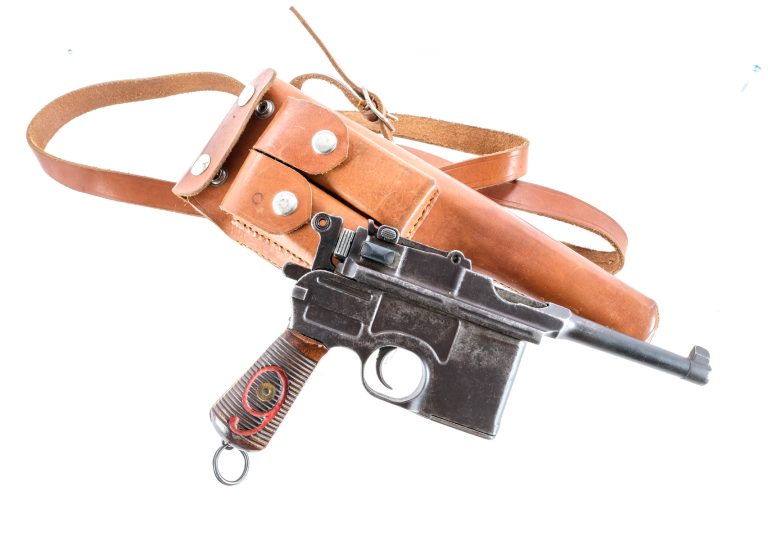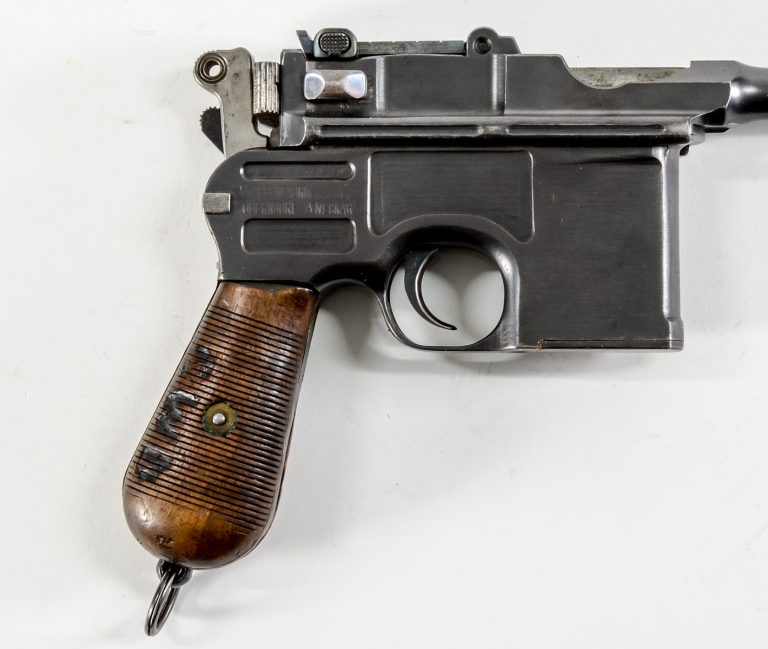Guide to Selling Firearms in Tennessee
- Home
- Guide to Selling Firearms in Tennessee
The world of firearm sales in Tennessee can seem pretty complicated with multiple options available to gun owners. If you’re considering selling to a local dealer, engaging in a private transaction, or looking to legally dispose of a firearm, it’s important to understand the process.
Tennessee’s laws present a unique blend of opportunities and challenges, from the potential for higher returns in private sales to the security of legal compliance when selling through a dealer. But, each method comes with its own set of considerations, including potential criminal penalties for selling to ineligible individuals or dealing with restricted firearms.
This article will guide you through the various options at your disposal, helping you make an well-informed choice that aligns with your preferences and requirements. Let’s investigate the world of firearm sales in the Volunteer State.
Understanding Tennessee Gun Sale Laws
State Regulations on Private Sales
When trading firearms in Tennessee, state-specific rules come into play. Interestingly, Tennessee doesn’t enforce any isolated laws for private sales of firearms between individuals. Granted, this transaction legality hinges solely on both parties’ ability to legally possess a firearm. Being armed with this information can help you foster confidence when entering a private firearm transaction.
Criminal liabilities can still linger for sellers if a gun sells to an ineligible individual, or if the firearm traded is defaced or restricted. Even with these laws in place, according to the 2022 NICS Firearm Background Checks report, Tennessee had the 6th highest number of background checks for firearm transfers among all states, with 1,057,327 checks conducted.
Federal Compliance for Gun Sellers
Federal laws take precedence over state laws when it comes to selling guns in Tennessee. Every gun seller, whether a private individual or a licensed dealer, must adhere to these regulations to stay on the right side of the law. Federal rules dictate age limits for firearm buyers: 21 for handguns and 18 for rifles and shotguns. Understanding these age limits is instrumental in avoiding inadvertent infringement.
In the area of homemade firearms, often called “ghost guns,” recent changes at the federal level require sellers to tread carefully. Similarly, selling non-registered and antique firearms, which usually have exemptions from some regulations, require full comprehension of the guiding laws.
Preparing for Sale
When it comes to successfully selling guns in Tennessee, preparation is the key. This doesn’t just involve understanding the legal aspects, but also pertains to the physical condition of the firearm and the necessary documentation for sale.
Assessing the Firearm's Condition
First and foremost, your firearm must be in optimal working condition. Clean and well-maintained firearms not only attract potential buyers but may also fetch a higher price in the sale. Be mindful of the firearm’s appearance and mechanical functionalities as these can significantly impact its market value.
Providing potential buyers with a comprehensive and accurate description, including details about the make, model, caliber, and included accessories, can help ensure a smooth transaction and reduce the chances of any surprises during the inspection process.
Potential buyers are willing to shell out some cash. The National Shooting Sports Foundation estimates the firearms industry had a total economic impact of $1.09 billion in Tennessee in 2022, including jobs, taxes, and supply chain effects.
Gathering Necessary Documentation
Abstracts and lists aside, the documentation is equally important in selling guns in Tennessee. This paperwork may include a bill of sale, receipts, warranty information, and any other relevant materials that prove the history and legitimacy of your firearm.
A detailed bill of sale not only documents the transfer of ownership but also acts as a protective measure, confirming the buyer’s legal eligibility to own a firearm in Tennessee. Apart from this, having all related documentation ready presents a clear, organized image to the buyer, fostering trust, and facilitating a more seamless transaction. Remember, successful selling isn’t just about attractive offers, it’s also about ensuring all boxes are checked when it comes to legal requirements and buyer satisfaction.
Selling Options Available in Tennessee
Selling to a Local Dealer
One way to ensure legal compliance is selling your firearm to a local dealer. Dealers have extensive exposure to state and federal laws, providing assurance for a lawful transaction. But, understand that dealers typically offer less than the firearm’s actual market price. Their primary goal is to resell at a profit, so they’re likely to quote an offer lower than a private buyer might.
Private Transactions
A private transaction can be more lucrative as it allows for direct negotiation between buyer and seller. In Tennessee, there is no specific legislation regulating private sales between two unlicensed individuals. But remember, criminal charges apply if the gun gets sold to an ineligible person, is a defaced weapon, or a restricted explosive or machine weapon. The Bureau of Alcohol, Tobacco, Firearms and Explosives provides comprehensive guidelines on the transfer of firearms to help you stay compliant.
Online Platforms
In the digital era, online platforms offer a viable option for selling guns in Tennessee. Some online platforms provide a user-friendly option to submit your firearm details for review and receive an offer. Offers stay valid for 14 days, giving you ample time to consider your options. With online platforms, you can sell multiple firearms, and your payment method could be either a secure ACH direct deposit or a check.
Legal Guidelines for Conducting Sales
Background Checks Requirements
When it comes to private firearm sales in Tennessee, legal regulations vary. As a private seller, it’s important to know you’re not required by law to conduct background checks on the buyer. But, this exemption applies primarily to private sales between individuals not engaged in firearms dealing as a business. For transactions conducted through licensed dealers, a background check becomes mandatory. Also, certain exemptions exist for transactions involving licensed manufacturers, importers, collectors, and dealers who can certify the legality of both parties involved.
Meeting Buyer Eligibility Criteria
While selling guns in Tennessee, it’s your responsibility as a seller to ensure the buyer is legally eligible to own a firearm. Though not explicitly mandated, you’re encouraged to verify the buyer’s identity, particularly if you wish to maintain a record of the transaction. It is of utmost importance that the buyer does not fall into any prohibited categories, such as individuals with a significant criminal history or mental health conditions. Minors are also not allowed to buy guns, as the minimum legal age for handgun purchase in Tennessee is 21 years.
Remember, being responsible and diligent while selling guns in Tennessee, even for private sales, helps promote responsible gun ownership within the community. The adherence to these legal guidelines also helps maintain safe practices and keeps the community more secure.
Safe Transaction Practices
Secure Payment Methods
In selling firearms, opting for secure and verifiable forms of payment minimizes risks, maximizes convenience, and promotes trust between trading parties. Accepting payments through checks or secure ACH direct deposits present credible payment methods. The payment method should be specified during the offer approval process to help establish a transparent and fraud-free transaction. Adhering to these procedures promotes payment security, ensuring your financial interests are safeguarded effectively.
Transfer of Ownership Protocols
In Tennessee, adherence to gun transfer protocols forms an intrinsic part of safe firearm selling practices. This includes meticulous recording of all details related to the firearm sale and the new buyer. Even though lenient state laws not mandating comprehensive paperwork for private gun sales, it remains advisable to create a bill of sale. This document would usually contain pivotal information such as the buyer’s details, the make, model, and serial number of the gun, and the sales price. Conducting your transactions in this manner ensures legal compliance, serves as a proof of transfer of ownership, and contributes significantly towards responsible gun ownership.
Selling Your Estate Or Gun Collection in Tennessee?
Selling an estate or gun collection in Tennessee? Why not work with a licensed and trusted expert who’s done this before?
At CT Firearms Auctions, we pride ourselves on being a trusted and fully licensed firearms dealer. Our extensive knowledge of state and federal laws ensures that every transaction is conducted with the utmost safety. With years of experience in valuing and handling large and estate gun collections, we understand the importance of your investment.
Want to be sure your collection investment gets what it deserves? Reach out to us today.



